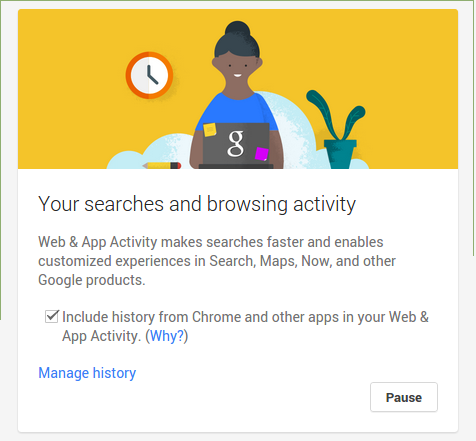Today is Feb 17, despite the date on this post. Because I'm in catch up mode. And I'm having trouble starting to catch up.
That's when I remembered, and found this post at Less Wrong: "Working hurts less than procrastinating, we fear the twinge of starting." So right for me. Or, perhaps, so less wrong than other things I've told myself.
Eliezer Yudkowsy, who wrote the post, says this:
How do I know this? Because on a moment-to-moment basis, being in the middle of doing the work is usually less painful than being in the middle of procrastinating.
(Bolded because it's true, important, and nearly impossible to get your brain to remember - even though a few moments of reflection should convince you that it's true.)This is more-or-less just what I feel. Last week I spent a couple of days "trying to start" working on a programming problem. It took me forever. But once I started, I worked for hours.
He explains that the problem is not avoiding the unpleasantness of an intended task, but rather the unpleasantness of making the decision to change modes.
I think it's flinching away from the pain of the decision to do the work - the momentary, immediate pain of (1) disengaging yourself from the (probably very small) flow of reinforcement that you're getting from reading a random unimportant Internet article, and (2) paying the energy cost for a prefrontal override to exert control of your own behavior and begin working.Today, for the first time in many, many, many days I am having what I would call a genuinely productive day, and it's because I "paid the energy cost for a prefrontal override" to plan out my day, half-hour by half-hour. And now I only have to pay the smaller cost of keeping myself on that plan. So far it's been affordable.
For weeks I've had a todo list: a list of things to do that I don't do. One of my most common failure modes, I now realize, comes from the immediate discomfort of deciding what to do next. I think I know why.
Suppose my list consists of items A-Z (there are about that many items on my list right now.) Some are things would enjoy doing. Some are things that I would not enjoy doing, but I would enjoy having done--because I'd not have to fucking think about them for a while, or ever. Therefore all have some anticipated satisfaction associated with them.
So choosing any item (say, item M) will provide me with some anticipated satisfaction. But choosing M means that I will have the anticipated dissatisfaction of not choosing A-L and the dissatisfaction not choosing N-Z. And the metadissatisfaction of making an unsatisfying choice. So choosing M is, on balance, horrifically dissatisfying. Likewise for all other choices.
Absent some change in my process I find myself caught between cycling through A-Z, rejecting each choice in turn, or returning to some default behavior, like random browse-the-Internet, or being interrupted by a phone call or something else that requires immediate attention. Anything but decide! Anything!
Eliezer adds:
A related note that I might as well dump into this post: I'm starting to think that procrastination by reading random articles does not cause you to rest, that is, you do not regain mental energy from it. Success and happiness cause you to regain willpower; what you need to heal your mind from any damage sustained by working is not inactivity, but reliably solvable problems which reliably deliver experienced jolts of positive reinforcement. Putting in the effort to read a good book may do this; playing a good computer game may do this; reading random Internet articles, or playing bad games, probably won't. Literal mental exhaustion might mean that you don't have enough energy left to read a good book - or that you don't have enough energy left to pay the immediate cost of searching your library for good reading material instead of mediocre reading material - but in this case you shouldn't be reading random online articles. You should be sitting with your eyes closed listening to music, or possibly even napping; if dealing with a truly exhausted brain, reading random articles is probably too much effort.Again, I think this is spot on. The more I do enjoyable things like reading Internet articles (even fairly good ones) the less energy I have to choose something that will actually give me more energy.
So maybe my formulation is: "Doing nearly anything hurts less than procrastinating. I fear the discomfort of choosing."
Not starting. Choosing.
I choose to post.








